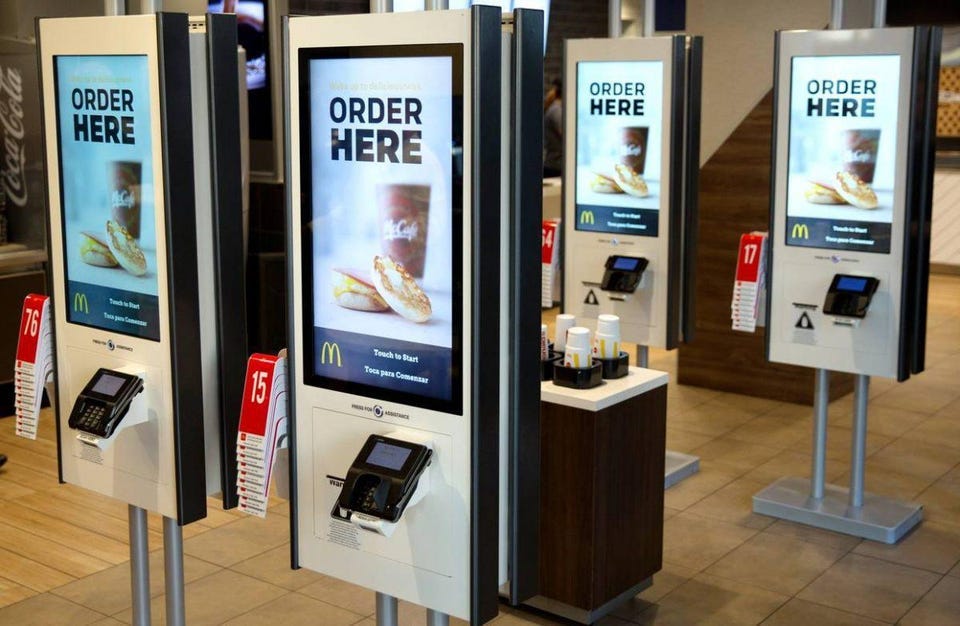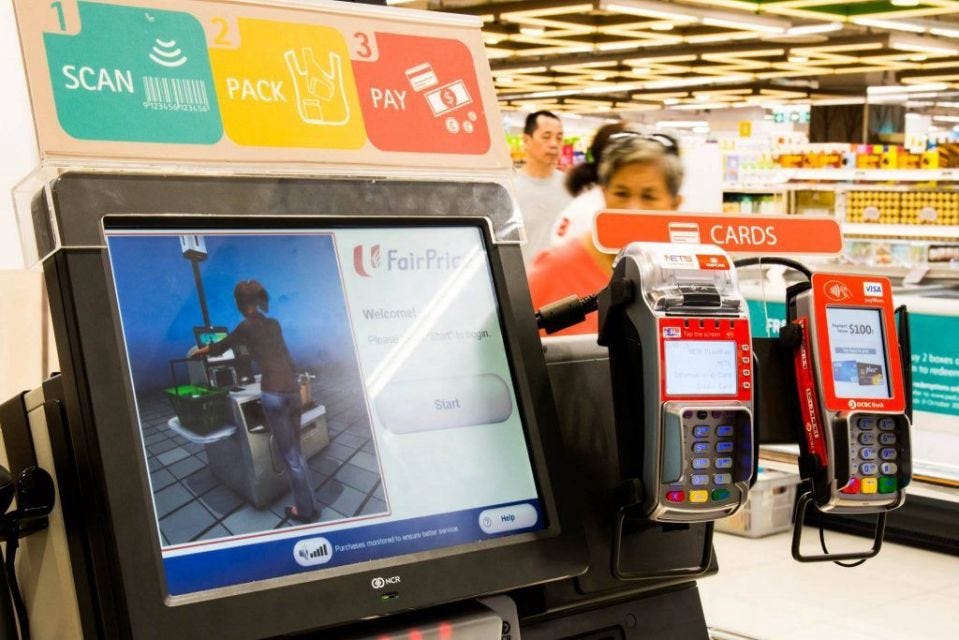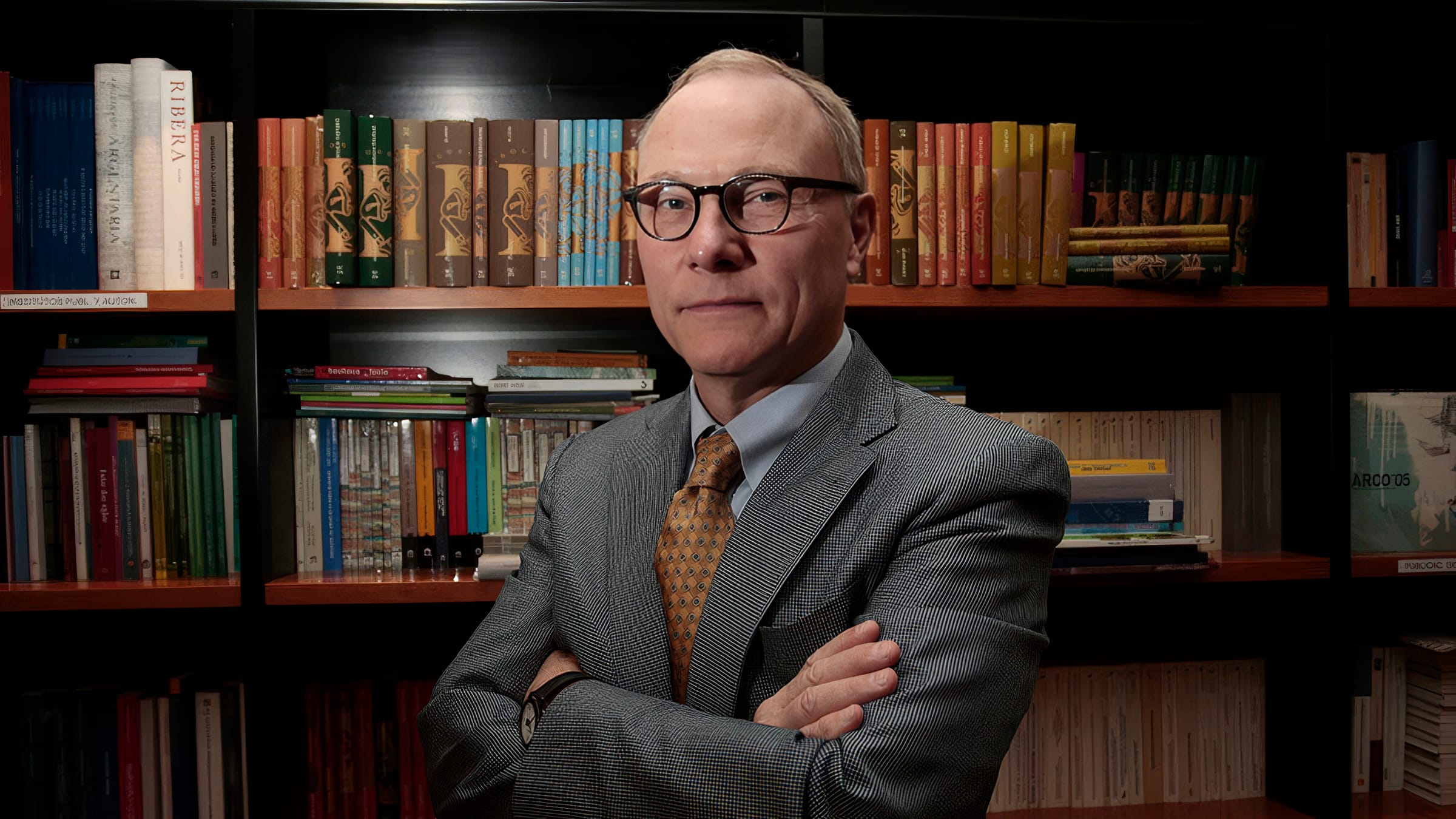
I have to say I typically don't care about Nobel Prize winners all that much, given that they are all academics ;) But my attention was piqued when Donovan Choy wrote a Facebook post rebutting Jamus Lim's claims about one of this year's laureates - David Card.
In his latest entry, Jamus Lim claims that the 1993 paper Card co-authored proved that raising the minimum wage does not lead to higher unemployment.
He even went on to claim that "almost everyone in the profession now accepts that reality".
There's just one problem - none of it is true.
The topic of minimum wage remains hotly debated among economists and David Card himself has not only never claimed anything of the sort but has even gone on record voicing his annoyance with minimum wage advocates continuously misquoting and misunderstanding his research.
In the 2016 profile of Card for the International Monetary Fund, he said:
"I don't go around saying you should raise the minimum wage - yet advocates point to my work to say they should raise minimum wages. That's one reason why I don't work on that topic anymore because everyone just assumes I'm advocating for raising the minimum wage, and therefore everything I do will be discredited." - David Card
His now famous 1993 paper looked at the impact of a minimum wage increase (from $4.25 to $5.05 an hour) on the employment of fast food restaurant staff in New Jersey vs. Pennsylvania, where wages stayed at the same level. And, indeed, there were no layoffs, and some stores even employed new staff at the time.
The paper is considered a landmark, as before it was published, it was dogmatically believed that any hike in minimum wage must result in a decrease in employment.
This natural, real-life experiment proved that it might not always be the case (in fact, in the opening chapters, the authors acknowledged that the connection may be true for some demographics).
And this is where its conclusions have been abused by left-wing zealots around the world. The results merely challenged the established dogma - they did not replace it with a new one.
What Card and Kreuger showed was that the relationship between minimum wages and employment is neither simple nor direct and that real-life impact of policy may vary, depending on other circumstances.
It DID NOT show that raising the minimum wage definitely does not result in higher unemployment but that, in certain cases, it does not have to - while it can have other costs (like higher prices, which Jamus doesn't mention).
Similarly, Card published papers which showed that, depending on the circumstances, immigration does not have to lead to higher unemployment among the local population - what, again, was misconstrued as support for open borders rather than just an observation (what Card also scoffed about).
(I'm wondering if Jamus Lim is going to be quite so vocal about this part of Card's legacy, advocating for more immigration into Singapore. Any bets? 🤔)
Understandably, THIS is what David Card received the Nobel Prize for, quote: “for his empirical contributions to labour economics” - not findings as such, and certainly not for misinterpretations made by others.
Just like other 2021 laureates, "who demonstrated what cause-and-effect conclusions can be drawn from natural experiments and helped increase the credibility of empirical research", according to the Nobel Economics Sciences Prize Committee.
The awards were given specifically for their, at the time, novel use of empirical research in economics - not for their conclusions.
Unfortunately, their research is both being misunderstood and misused by those with political and ideological agendas, to mislead the public about policy proposals.
So, what do we really know about the consequences of minimum wage laws?
Let's start with another quote from Card which shows just what a grounded, reasonable guy he is:
"Our basic state of knowledge in economics is way below where you would think it was,” he says, adding that “the thing that annoys noneconomists about economists is their unbelievable certainty that they know what they are talking about when the actual reality is they do not really know." - David Card
Precisely.
The problem with economists is that they love to talk about business and decisions people make in the marketplace, having zero practical experience themselves. So, not only are they prone to making overgeneralizations but also misunderstanding the complexity of the decision-making processes - and how businesses choose to adjust to new circumstances.
Card, in his empirical approach, was like an explorer surveying different real-life cases, occasionally finding exceptions to dogmatic, theoretical assumptions. Unfortunately, his observations were quickly treated by many as the new absolutes rather than exceptions to otherwise quite rational rules.
So, again, what can the impact of minimum wage laws be?
In his post, Jamus Lim seems to quite unequivocally state that "the overall weight of high-quality evidence favours little or no employment effects due to a minimum wage." In other words - he's sticking to his guns.
But if minimum wage has no impact on employment, then why don't we raise it to $100,000 per year? Or per month! Let's make all citizens millionaires!
Why restrict ourselves if there are, supposedly, no consequences? Of course, It doesn't take a genius to understand that's impossible.
Wages, like all other expenses, are a cost.
If the cost of running a business increases, it's foolish to think it would have no impact on its operations. You don't have to have a degree in economics to understand that. Even small business owners with no education know it first-hand.
There are two ways businesses react to growing costs:
- Increase their prices.
- Cut their expenses somewhere - i.a. by reducing employment and/or putting a greater burden on remaining workers.
🍔🍟 I think we've all seen self-ordering kiosks in McDonald's or self-checkout in supermarkets.

Each machine that you see there was once a human being providing a direct service by hand. Today there are fewer people who are largely just supervising the system and assisting customers.

Mind you, this change does not have to happen because of minimum wage.
Wages in the economy increase all the time. As countries become more developed and societies better educated, fewer people are attracted to low-end jobs. With strong demand and weak supply of labour, the price of employing such a person locally simply becomes too high.
The response to that is to either allow low-paid immigrants in (which may, however, contribute to social problems) or have a machine take over some of the work, if possible.
Since this process occurs quite naturally, it would be silly to think that artificially increasing wages does not have a similar impact.
Businesses simply decide what is more profitable for them - whether customers can accept higher prices or whether the business should look to reduce its overall labour costs, laying some people off.
That's why minimum wage laws do not always translate into higher unemployment - but if the prices increase, they do contribute to inflation which eats away the wage increase and does not improve living standards in real terms (leaving everyone worse off in the end).
This is the impact that Card and Kreuger observed in their 1993 study, that Jamus and other left-wing economists and politicians remain silent about.
Take a look at the following excerpts from the document:
- “If wages rose by roughly 15 percent for these workers, and if labor's share of total costs is 30 percent, we would expect prices to rise by about 2.2 percent ( = 0.15 X 0.5X 0.3) due to the minimum-wage rise."
- "The estimated New Jersey dummy shows that after-tax meal prices rose 3.2-percent faster in New Jersey than in Pennsylvania between February and November 1992.
- "Since the New Jersey sales tax rate fell by 1 percentage point between the waves of our survey, these estimates suggest that pretax prices rose 4-percent faster as a result of the minimum-wage increase in New Jersey - slightly more than the increase needed to pass through the cost increase caused by the minimum-wage hike."
- "We find that prices of fast-food meals increased in New Jersey relative to Pennsylvania, suggesting that much of the burden of the minimum-wage rise was passed on to consumers."
Remember - there's no such thing as a free lunch.





